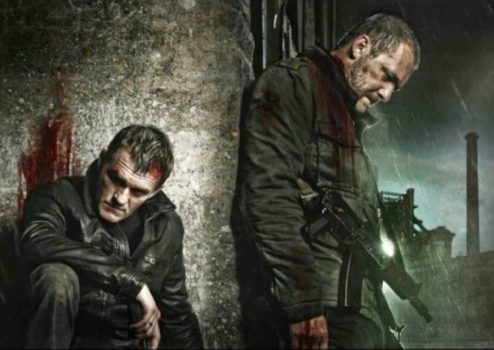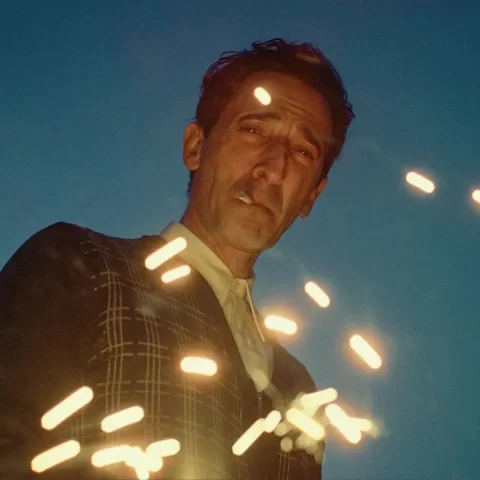
The Factory
Yuri Bykov became known with the film The Fool, an art house social drama. His new film The Factory attracted great interest from his fans who expected another strong drama with pointed social commentary. Nevertheless, the film became a big disappointment. Nothing in this film makes sense; the script is weak, boring, the dialogues consist of stereotypes and are not interesting at all, the idea of the film is stupid. Bykov did not succeed in making a social drama, an art house film nor an action film, although it was an attempt to combine all of these genres.
From the very beginning we see that Bykov wants to show a class conflict – a confident oligarch versus the suffering workers. The oligarch wants to close the factory which fails to provide a profit, and the workers decide to hold him hostage and demand a ransom. The attempt fails, and the simple idea of the film is clear – life is not fair, so no one should try to fight the natural order because it is pointless. Bykov tries to illustrate the idea that one can only fight social injustice by becoming a criminal. This very idea is untrue, stupid, harmful, but is beneficial for the ruling class. The story of class conflict is depicted in the media as a fight between separate criminal elements. There is an attempt to show the idea of justice as ridiculous and unfashionable. With the film Bykov also shows his own transformation, of himself and his ideas – he began as a socially pointed director who ended up working for the state funded Channel One. With the film The Factory he attempts to justify his conformism, since there is no justice and the is no point in the struggle. By making a deal with the power, he betrayed his own talent, and the result is this talentless and dimwitted picture.
The film is worthless in the artistic sense, as well is ideologically. The film leaves the audience completely cold, as there are no memorable characters or actors. Everything is predictable and completely dull, with many creative failures. The only competent aspect of the film is the cinematography, which contains many visually interesting nocturnal scenes, but this alone cannot save the film. The film also contains bad editing as the music does not match the picture and sometimes overpowers the dialogues, the tempo does not fit the action, which causes the musical score to be a burden for the audiences ears.
The director made the film about a topic which does not truly interest him and which he does not understand. Bykov also wrote the weak script and failed to be objective, as the screenplay is full of stereotypes and is simply not professional. All of this caused the film to fail at the box office, since it could not satisfy anyone, neither those who wanted to watch an art film nor an action film.
